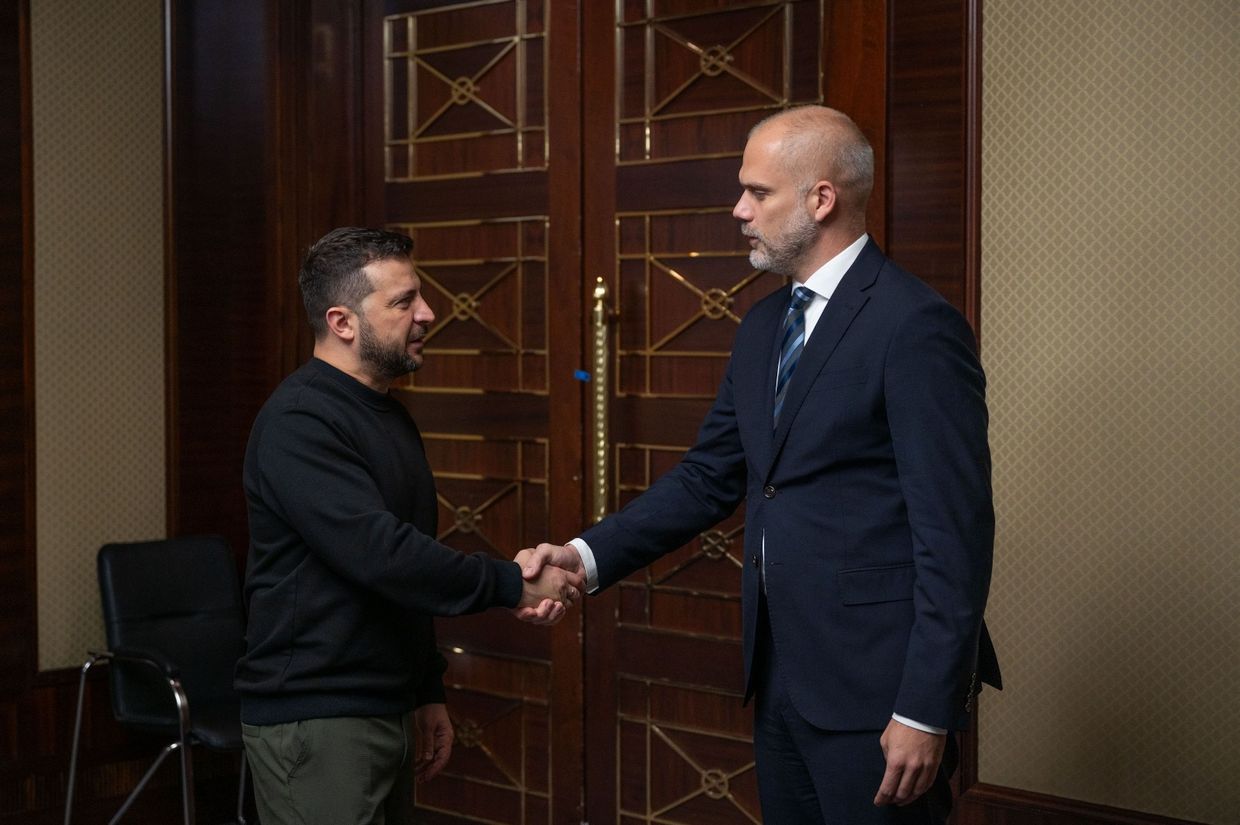US sanctions Russia-affiliated individuals, companies in Balkans

The U.S. Treasury Department's Office of Foreign Assets Control (OFAC) announced sanctions against eight individuals and six entities for corruption and enabling Russian malign influence in the region, according to an OFAC press release on Nov. 16.
“Russia has continued to use its influence in the Western Balkans to stymie the region’s integration into international institutions and organizations, as well as leverage key jurisdictions to facilitate its aggressive destabilizing activities,” said Under Secretary of the Treasury for Terrorism and Financial Intelligence Brian E. Nelson.
The individuals named are nationals of Bosnia and Herzegovina, Serbia, North Macedonia, and Montenegro, and all have business and/or criminal connections to either the Russian state or Russian organized crime, and in some cases both, the OFAC said.
They are representative of Russia's wide-ranging attempts to maintain influence in the Western Balkans. Some of the individuals named were accused of attempting to destabilize peace in the region, which fought a series of brutal wars throughout the 1990s.
Two Serbian politicians, Misa Vacic and Nenad Popovic, were also included as part of a U.S. State Department designation.
"Russian influence in the Western Balkans is deeply intertwined with corruption and extremist political rhetoric, both of which threaten the rule of law, stability, and sovereignty of the region," the statement said.
Vacic, the President of the Serbian Right Party in Serbia, participated as an "observer" in the sham elections that Russia held before it illegally annexed four Ukrainian oblasts in 2022.
Serbia has longstanding friendly ties with Russia and has refrained from international attempts to sanction or otherwise isolate the country.
At the same time, Serbian President Aleksandar Vucic has called Ukraine a "friendly country" and said in January 2023 that Crimea and the Donbas are sovereign Ukrainian territories.












